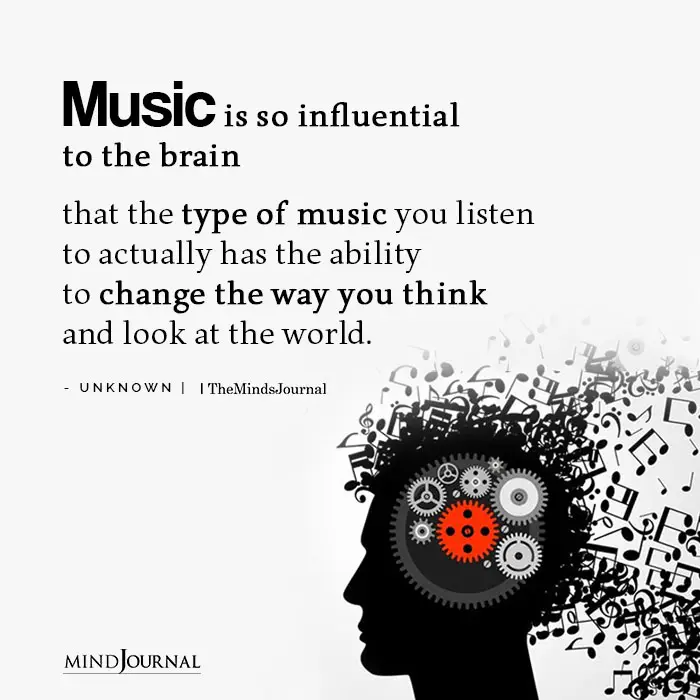Have you ever wondered about the mysterious ways in which sound can affect our emotions and well-being? From the soothing melodies of a favorite song to the thunderous crash of ocean waves, sound has an incredible ability to move us, to touch our souls. But did you know that sound can also be harnessed for healing purposes? Let’s explore what is sound healing therapy?
Today, we will delve into the fascinating realm of sound healing therapy, exploring its benefits, how it works, and its profound impact on mental health. So, let’s embark on a journey of sound and discover the transformative power it holds.
What is Sound Healing Therapy?
Sound healing therapy is an ancient practice that utilizes the vibrational qualities of sound to restore balance and harmony within the mind, body, and spirit. It is rooted in the belief that everything in the universe, including our bodies, is made up of energy and has its own unique frequency.

When we experience physical or emotional distress, these frequencies can become imbalanced, leading to disharmony and illness. Sound healing therapists employ various techniques to rebalance these frequencies, such as using singing bowls, tuning forks, gongs, drums, and even the human voice.
Related: Sound Therapy: The Power Of Music Frequency For Healing
So, what is sound healing therapy? By producing specific tones and vibrations, practitioners aim to restore the natural equilibrium within the body, facilitating healing on multiple levels. In fact, research shows that “Tibetan singing bowl meditation may be a feasible low-cost low technology intervention for reducing feelings of tension, anxiety, and depression, and increasing spiritual well-being.“
Further studies have found that sound healing treatment may be substantial in reducing anxiety and improving mental health, especially for individuals with Generalized Anxiety Disorder.
Benefits of Sound Healing
Can sound healing improve mental well-being? Here are some of the therapeutic benefits and transformative effects of sound frequencies on our mind and body –
1. Stress and Anxiety Reduction
In today’s fast-paced world, stress and anxiety have become common companions for many. Sound healing therapy offers a respite from the hustle and bustle, providing a safe space for relaxation and rejuvenation.
The soothing sounds and vibrations can calm the nervous system, lower heart rate and blood pressure, and release tension, allowing the mind and body to enter a state of deep relaxation.
2. Enhanced Emotional Well-being
Sound has a profound impact on our emotions. It can evoke feelings of joy, tranquility, or even bring tears to our eyes. Sound healing therapy taps into this emotional connection, helping to release stagnant emotions, heal emotional wounds, and promote a sense of emotional well-being.
The harmonious vibrations can uplift the spirit, promote self-expression, and cultivate a positive outlook on life. This is one of the major benefits of sound healing.
3. Improved Sleep Quality
Many individuals struggle with sleep-related issues, such as insomnia or restless nights. Sound healing therapy can be a gentle and natural remedy to promote better sleep.
The calming sounds and vibrations synchronize brainwaves, inducing a state of deep relaxation conducive to a peaceful slumber. It can also alleviate racing thoughts, allowing the mind to quieten and drift off into a restful sleep.
Related: The Healing Power of Music: How Music Therapy Improves Mental Health
Now that we know what is sound healing therapy and have gained clarity about the benefits of sound healing, let’s focus on how it actually works.

How Does Sound Healing Work?
Sound healing operates on the principle that certain frequencies can directly impact the body’s energy centers, known as chakras, and meridian systems. Each chakra is associated with specific emotions, organs, and physical attributes. When a particular chakra is imbalanced, it can manifest as physical or emotional ailments.
During a sound healing session, the therapist strategically plays or sings specific tones and frequencies that correspond to the imbalanced chakra, promoting its harmonization.
As the sound waves penetrate the body, they help release energetic blockages, restore the flow of vital energy, and encourage the body’s natural healing mechanisms. It’s like a musical massage for the soul, bringing each aspect of our being into alignment. This is the answer to “how does sound healing work?”.
Sound Healing for Mental Health
In recent years, the significance of mental health has gained recognition, and sound healing therapy has emerged as a valuable tool in this realm. Here’s how it can contribute to mental well-being:
1. Emotional Release and Trauma Healing
Sound healing for mental health provides a safe and non-invasive space for individuals to explore and release deeply rooted emotions. The vibrations penetrate the cellular level, facilitating the release of emotional blockages and trauma stored within the body.
This process can be profoundly cathartic, leading to emotional healing, increased self-awareness, and a renewed sense of empowerment.
2. Mindfulness and Stress Reduction
The therapeutic sounds and vibrations of sound healing encourage a state of mindfulness, helping individuals cultivate presence and focus.
By directing attention to the sounds and sensations in the present moment, the mind becomes less entangled in worries and stressors. This practice promotes mental clarity, reduces anxiety, and enhances overall well-being.
3. Self-Reflection and Inner Exploration
Once you know “what is sound healing therapy?”, you will realize that sound healing sessions offer a unique opportunity for self-reflection and inner exploration. As the sound waves envelop the space, they create a meditative ambiance that encourages introspection.
This introspective journey can lead to heightened self-awareness, expanded consciousness, and a deeper understanding of oneself. It opens doors to self-discovery and personal growth.
Related: The Power Of Sound: 6 Powerful Solfeggio Frequencies That Raise Your Vibration

Takeaway
So, what is sound healing therapy? Sound healing therapy is a powerful and transformative modality that harnesses the innate capacity of sound to restore balance and well-being. Its benefits encompass physical, emotional, and mental realms, offering a holistic approach to healing.
Whether you seek stress relief, emotional release, or a deeper connection with your inner self, sound healing can be a remarkable tool on your journey to wellness.
So, allow the resonant vibrations to wash over you, embrace the harmonies, and embark on a healing journey that transcends words. Open your heart and ears to the therapeutic power of sound, and let it guide you towards a state of profound restoration and harmony within.
Frequently Asked Questions (FAQs):
What does sound therapy heal?
Sound therapy aims to heal stress, anxiety, insomnia, and chronic pain by utilizing specific frequencies and vibrations.
What are 4 benefits of sound healing?
The benefits of sound healing include relaxation, improved sleep quality, reduced pain levels, and enhanced overall mood.
What are the side effects of sound healing?
Side effects of sound healing are rare but may include discomfort, overstimulation, or exacerbation of existing medical conditions.









Leave a Reply
You must be logged in to post a comment.